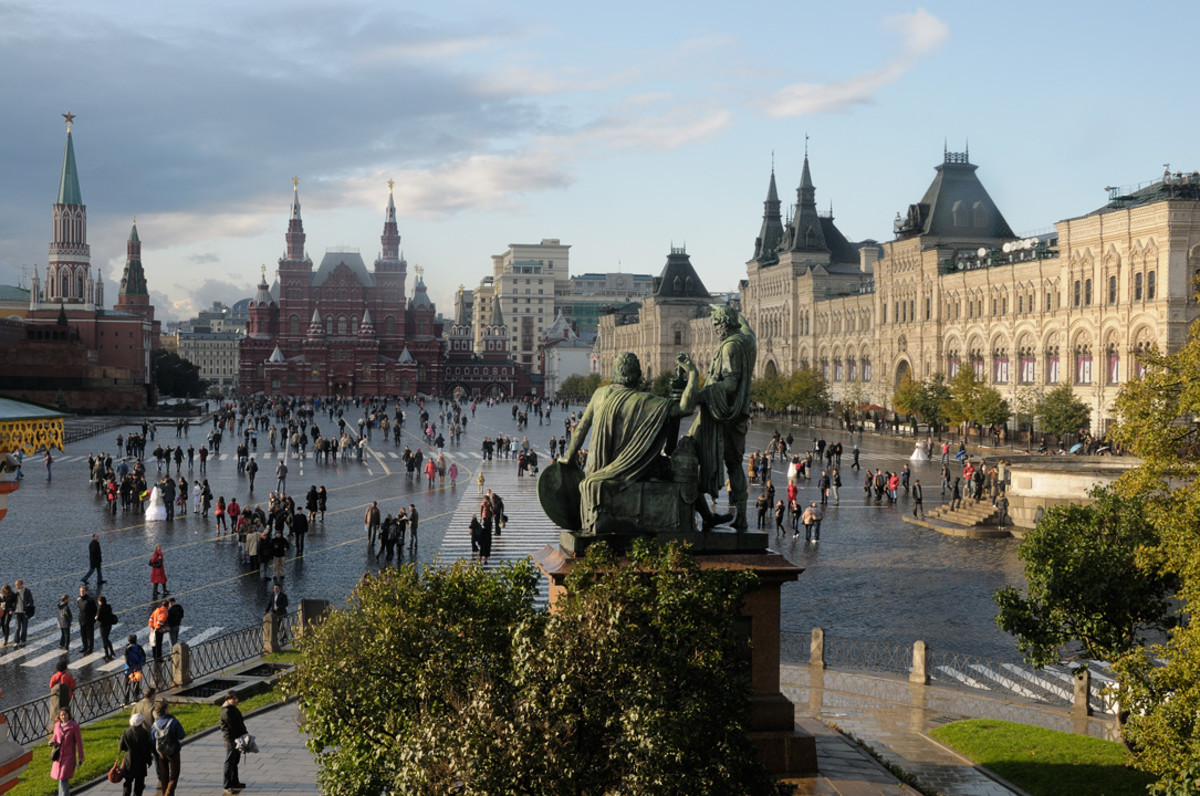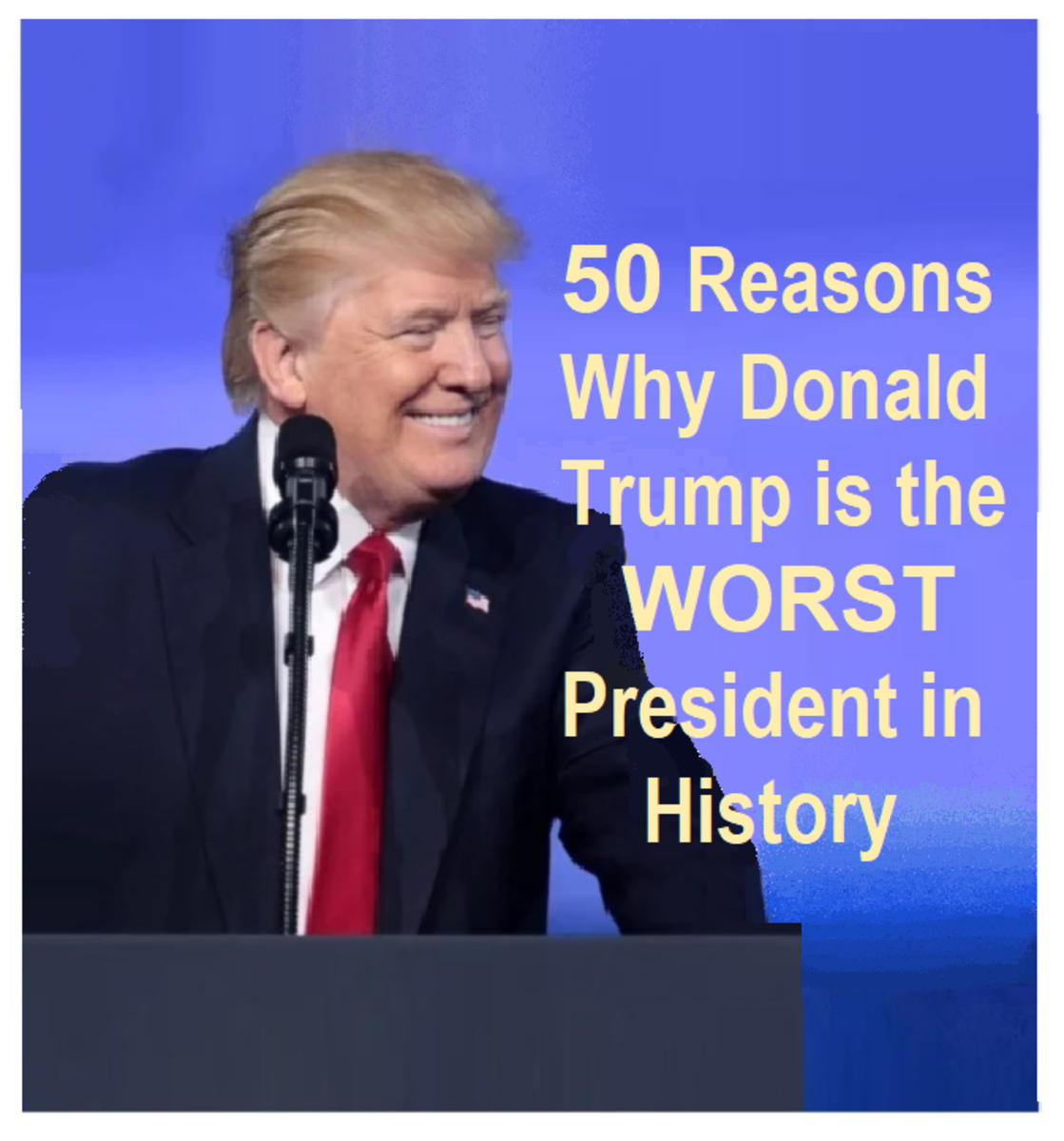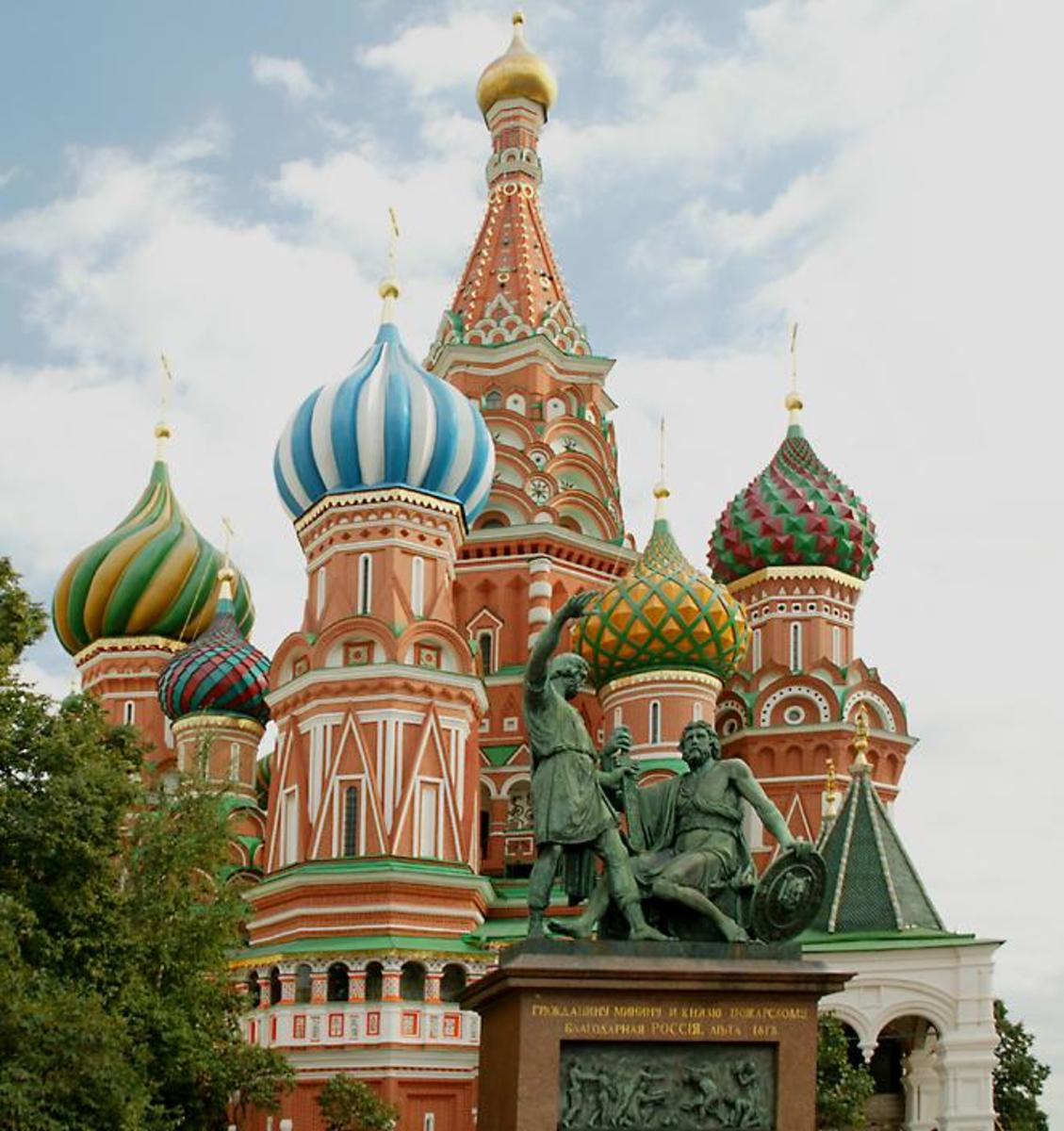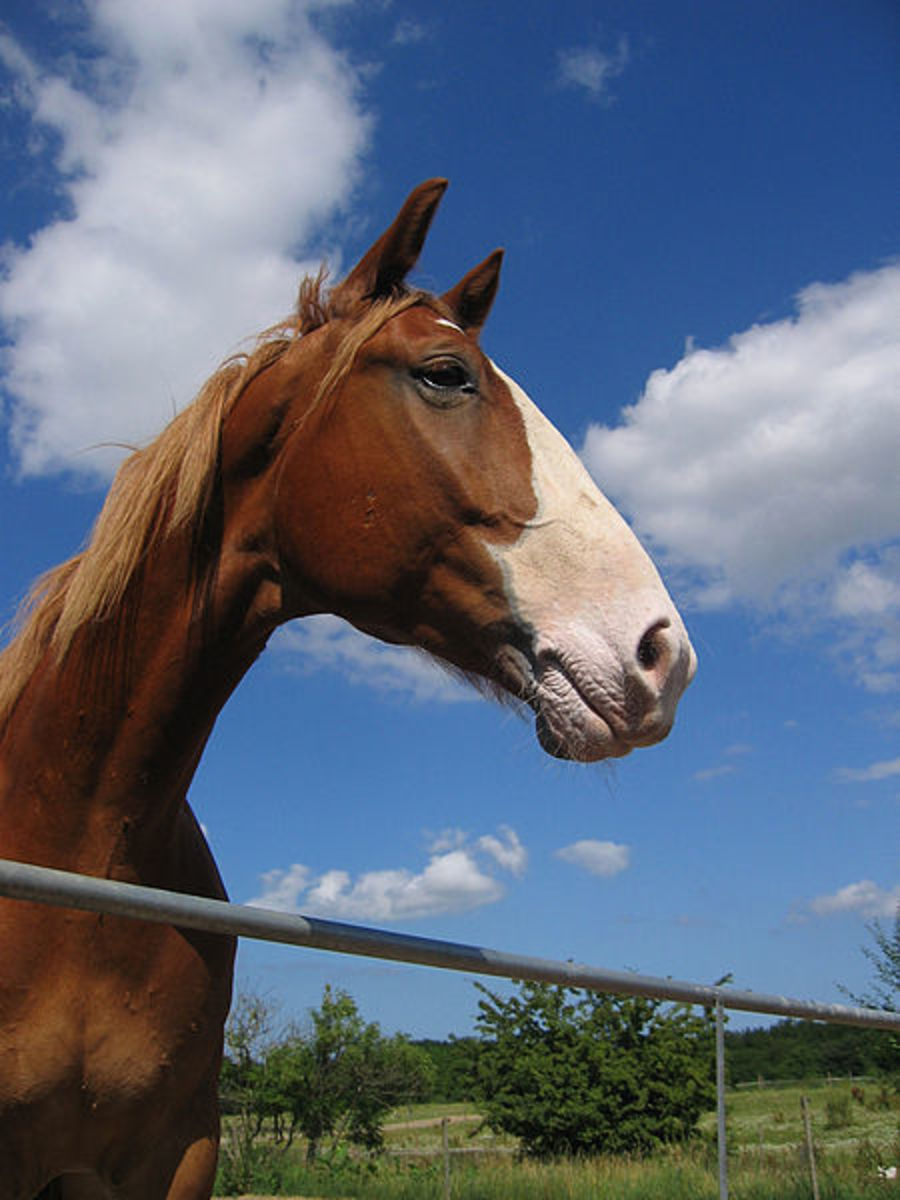Suleyman Kerimov Gets Big By Giving Back – Charity and Russian Business Tycoons
Tycoon, mogul, and oligarch all mean the same thing in Russia. The first two are used positively to describe business people with immense power and, usually, matching wealth. Nevertheless, is the term ‘oligarch’ a dirty word? One would be forgiven for thinking so, what with all the ‘dirty laundry’ being aired in the media about many of the top Russian businessmen.
Is it a case of western media taking pot-shots at the super wealthy from the east or is there something more to the post-perestroika economics of Russia’s business elite? Have oligarchs like Roman Abramovich, Suleyman Kerimov and Alisher Usmanov contributed on a positive, fundamental and grass roots level to the building of modern Russia? The answer to that question is complex.
Dissolution of the Soviet Union and Rise to Fame and Fortune
The fall of the Soviet Union has a definitive link to the rise in fortune of men like Kerimov, Usmanov, and Abramovich. The reason: Privatization. When Mikhail Gorbachev introduced the legislative and economic changes, commonly known as Perestroika, to Russia in the late 1980’s and early 90’s almost all state-owned assets were privatized. These assets were snapped up by business men who made sure they were in the right place at the right time. While the rise of the Russian oligarch seems, at first glance, to have been an ‘overnight’ event, it is important to note that these men had significant roles in Russian business and finance before the fall of Communism.
Contribution of Oligarchs
Do you believe that oligarchs have had a positive contribution to the building of modern Russia?
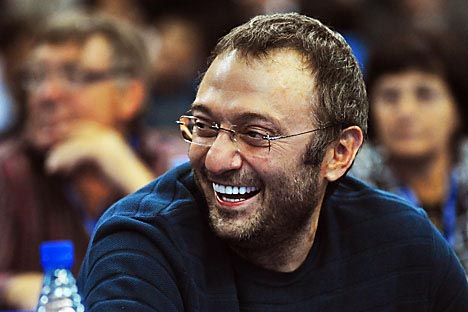
Suleyman Kerimov – Investor, Politician – Establisher of the Suleyman Kerimov Foundation (2007)
Kerimov was born in Dagestan, an Autonomous Soviet Socialist Republic (ASSR), in 1966. In conjunction with his immense investment and business dealings, he is active in politics as a member of the Federation Council of Russia for the Republic of Dagestan. Kerimov’s formative years include study in Civil Engineering at the Dagestan Polytechnic Institute, interrupted by Military Service and a degree in Economics and Financial Accounting at the Dagestan State University. He met his wife at university and the couple have three children.
Kerimov – Rise through the Ranks, Not an Overnight Sensation
Kerimov started his career as an accountant for Eltav, an electrical goods company, in the capital of Dagestan in 1989. He rose quickly through the managerial ranks attaining the position of Deputy Director General of the company. With the fall of the Soviet Union and privatization, slowly Kerimov began his investment strategy with his dealings on behalf of Eltav and Fedprombank, a Moscow-based bank established by Eltav itself. In 1993, Fedprombank began a program as financier to a diverse collection of companies in an attempt to keep the Russian economy buoyant and active.
In 1995, Soyuz Finz appointed Kerimov as CEO and the diverse banking group started to negotiate and manage a number of key investments and corporate buyouts that included Avtobank. By 1997, Kerimov owned 50% of Vnukovo Airlines and subsequently bought out his partners in Fedprombank. 1998 ushered in a new type of business strategy for Kerimov with a hefty investment in the oil company, Nafta Moskova to gain 55% ownership – by the millennium this had increased to 100%. In 2003, with a loan from Vnesheconombank, Kerimov invested $43 million in Gazprom, an oil and gas company. His investment and restructuring of the company enabled Kerimov to double the share price and repay the loan in under a year.
In 2005, Nafta Moskova bought JSC Polymetal, a profitable gold and silver mining company. In 2007, he floated the company on the London Stock Exchange. Kerimov invested heavily in Wall Street firms and western banks during the 2008 recession and despite his losses during the 2007/08 economic crisis he went on to invest in Polypus Gold (2009) and Ukrali the Russian potash conglomeration (2010).
The Suleyman Kerimov Foundation
Founded in 2007, the foundation seeks to increase opportunities for young Russians, and provides significant funding for community building projects and charitable organizations across Russia.
An example of Kerimov’s passion for home-grown Russian development is his investment and commitment to FC Anzhi Makhachkala, a Dagestan football club competing in Russia’s Premier League. Part love of football and part community building, Kerimov’s investment in Anzhi is indicative of his almost entirely domestic philanthropy. Kerimov has always been committed to charitable works in Dagestan and the rest of Russia.
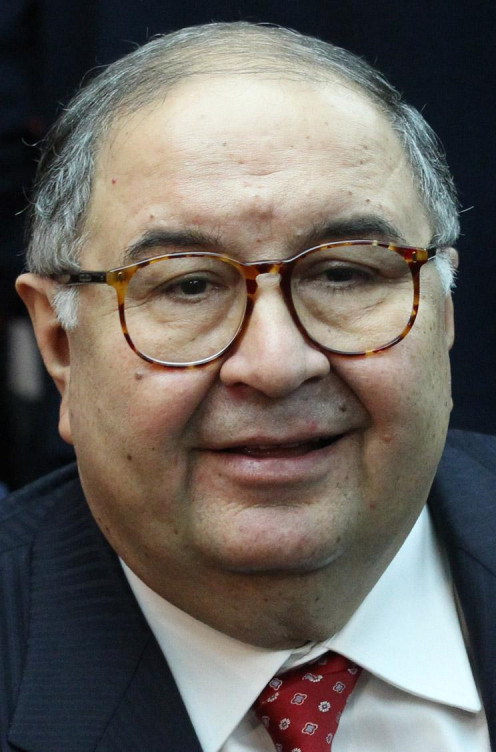
Alisher Usmanov – Russia’s Richest Man – Investment and Mining Operations
Born in 1953 in Uzbek, Usmanov holds the title of Russia’s richest man, according to Forbes. His investment and business has been mostly in mining and metal industry where he is the largest shareholder of Metalloinvest, a Russian industrial giant. Like Kerimov, Usmanov’s father was a lawyer and his followed his footsteps into the study of international law at the Moscow State institute of International Relations. He also studied banking at the Academy of Finance.
Today, Usmanov has extremely diverse business interests with a definite international focus. He is the owner of Kommersant Publishing and co-owner of MegaFon and Mail.ru – a mobile phone company and Internet Services Provider respectively. This has allowed him a large stake in some of Russia’s most popular social networks like Vkontakte and Odnoklassniki. His international shareholdings include Facebook, Twitter, AirBnB and Alibaba, through his investment in Digital Sky Technologies.
Philanthropy and Sport – International Initiatives
Usmanov has invested heavily in the sport of fencing and is currently the president of the international governing body of fencing (FIE). He is also a sponsor and investor in Dinamo Moscow – one of the top football clubs in Moscow, as well as a shareholder in top English Club, Arsenal. Usmanov is close friends with Chelsea Club owner and fellow Russian, Roman Abramovich. He is also a keen supporter of the arts and his charity foundation ‘Art, Science and Sport’ works closely with Tate Britain on art projects and investment in fine arts.
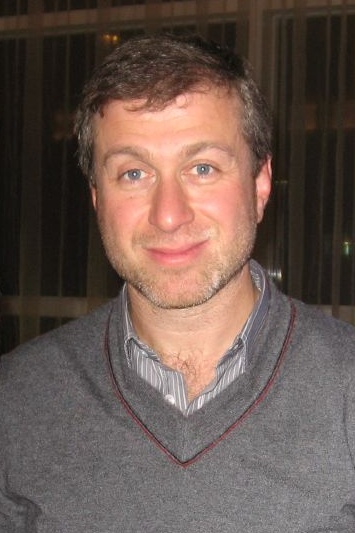
Roman Abramovich – International Investor and Chelsea FC Owner
Quite different to a business entrepreneur like Suleyman Kerimov, Roman Abramovich is almost a household name, certainly in Europe, as the owner of London football club Chelsea. Forbes has set Abramovich’s personal wealth at $14.6 billion (2012), making him the 5th wealthiest person in Russia. Unlike Kerimov and Usmanov, Roman Abramovich did not attend university straight after school; he served in the Soviet Army and started his empire in a classic rags-to-riches story by selling trinkets as a street trader in Moscow. He went on to attend the Gubkin Institute of Oil and Gas in Moscow and began his business career as a commodities trader for Runicom, a Swiss based investment company.
Abramovich made his move as business opportunities opened up in Russia under the era of perestroika. Between 1992 and 1995, he founded five companies that focused on consumer goods but swiftly moved into the sales of oil and oil related products. In 1995 and 1996, he founded another ten companies with diverse interests that covered industry, finance, oil and gas and consumer goods. Today, all of Abramovich’s interests are consolidated into Millhouse LLC, a private investment and holding company. He divides his time between Moscow and London.
Like Usmanov, Abramovich tends to contribute to the arts and sport on an international level and, their shared love of football notwithstanding, each has utilized his charitable institutions as extensions of their business dealings. Not to say that this isn’t done in the West just as often, but one wonders just how much of an impact an exhibition of Pre-Raphaelite paintings brought over from the UK (Usmanov) has on the average Russian citizen struggling to survive in the ever-widening gap between the rich and the poor? It is more likely that Suleyman Kerimov’s locally focused charity initiatives are doing far more to improve the lives of his countrymen. In the least, his monetary support of Anzhi Makhachkala is at least raising his State’s morale.


